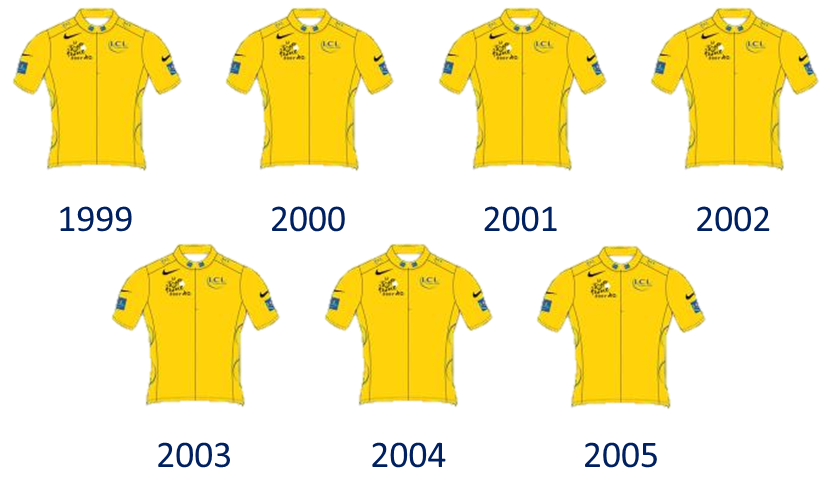Sometimes saying 'sorry' just isn't enough
 I don't know what you make of Lance Armstrong's interview with Oprah. How much is genuine sorrow and how much is... well, something else. But before we are too quick to cast the first stone, it's worth thinking about our own humility when it come to saying 'sorry'.
I don't know what you make of Lance Armstrong's interview with Oprah. How much is genuine sorrow and how much is... well, something else. But before we are too quick to cast the first stone, it's worth thinking about our own humility when it come to saying 'sorry'.
I've lost count how many times I have said an apology that goes something like this...
"I’m sorry if what I said upset you."
Not... 'I'm sorry I was rude.'
Nor... 'I'm sorry for what I said'.
Nor... 'I'm sorry that I was insensitive.'
Just... 'I'm sorry if what I said upset you'. By saying something like this what I have done is very gently taken the focus off ME. The focus is on YOUR reaction to what I said. In reality what I am saying is...
"Because YOU are over sensitive, YOU have heard something that I said and taken offence at it. I will have to change the way I speak because there is a problem with YOU."
I am sorry about the situation, I am sorry that I was involved in it... but I am not SORRY. The thing is, it's easy to get away with an 'apology' like this because it contains all the right vocab. After all we used the word SORRY! But sometimes saying sorry just isn't enough. The problem with an 'apology' like this isn't just its sentence structure - it's the heart behind it.
It's the heart that wants to get out of the conflict without ACTUALLY putting our hands up and saying... 'There is a problem with ME.' If we never address the problem with ME, we never give ourselves a chance to grow.
The chances are, if we struggle to 'put our hands up' properly in these relationships, we will fin d it even harder to do in our relationship with God. When we talk to God, we need to leave the excuses at the door, we need to stop side stepping the things we do... and just put our hands up and ask for grace.
d it even harder to do in our relationship with God. When we talk to God, we need to leave the excuses at the door, we need to stop side stepping the things we do... and just put our hands up and ask for grace.
Check out the podcast below...
